Instead of Following Singapore’s Authoritarianism, Taiwanese Should Make Democracy Work for Them
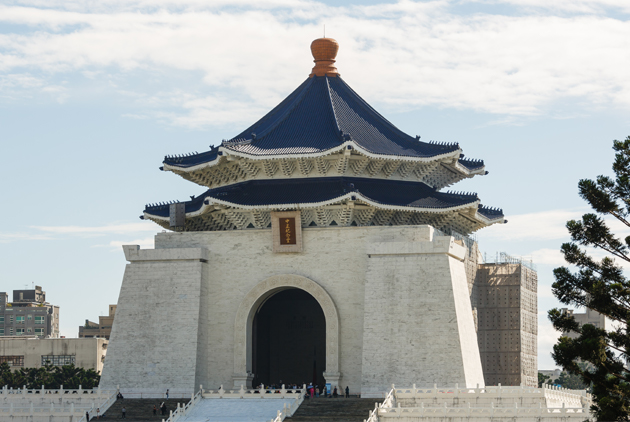
Source:Shutterstock
Singapore’s GDP per capita is a façade that has deceived taiwanese, but going back to authoritarianism is not going to help for Taiwan. It is time Taiwanese youths take a stand.
Views
Instead of Following Singapore’s Authoritarianism, Taiwanese Should Make Democracy Work for Them
By Roy Ngerngweb only
Singapore’s Governance Is Becoming Unhinged
For taking a photo with a piece of paper with a smiley face on it, Jolovan Wham was charged in November last year for infringing public disorder by the Singapore government. ( Read More: Singapore: Jolovan Wham charged for holding up a smiley face sign )
At the end of last month, Singapore's prime minister Lee Hsien Loong also headed to court over two cases which he instigated.
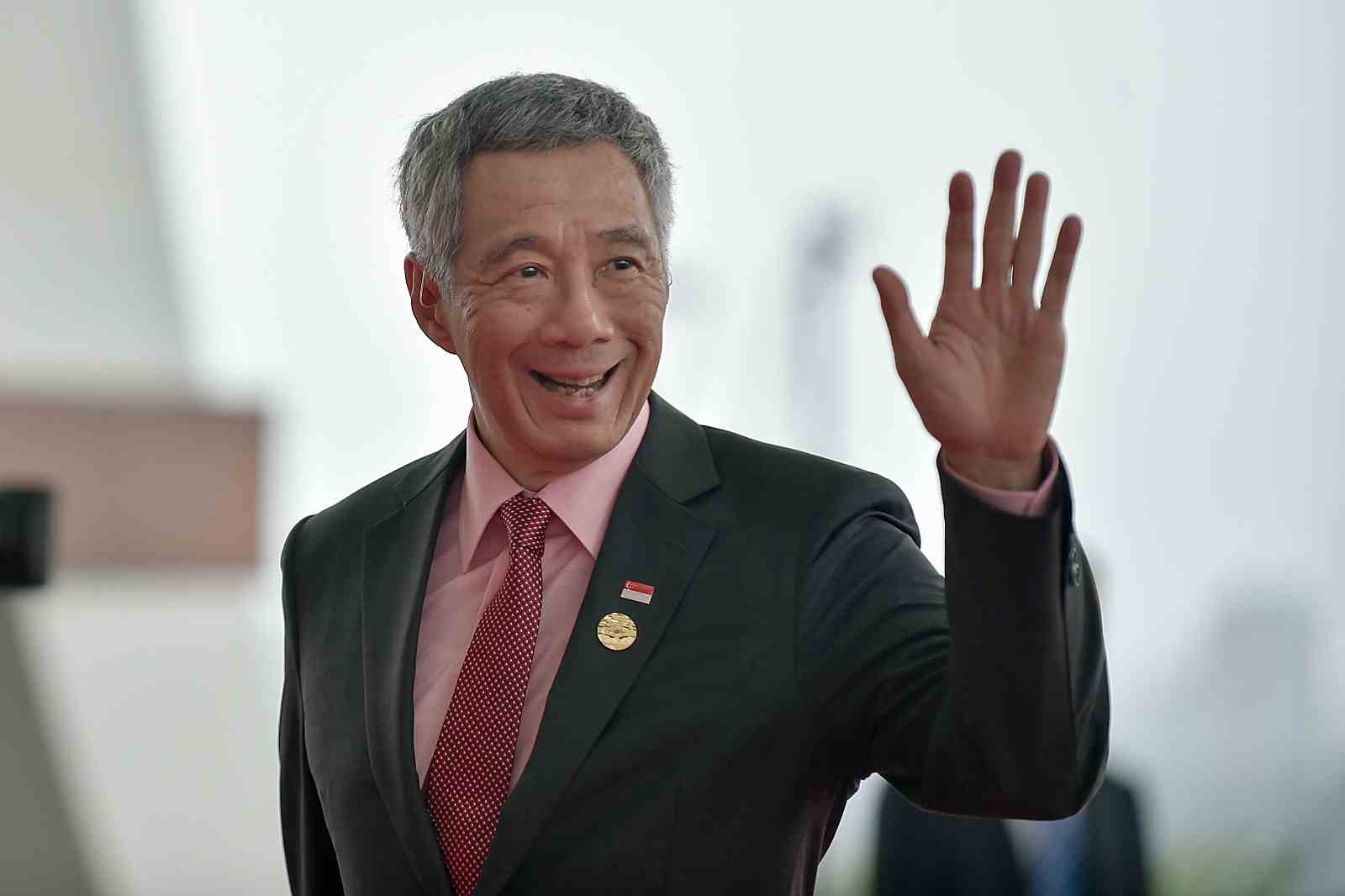 (Source: GettyImages)
(Source: GettyImages)
Terry Xu, editor of independent news site The Online Citizen and blogger Leong Sze Hian were both sued by Hsien Loong.
In 2017, Hsien Loong’s brother Hsien Yang and sister Wei Ling said in a statement that they no longer trusted their brother as the prime minister, that they have lost confidence in him, and that he has abused his power.
While Hsien Loong did not sue them on the claim that he did not want to “besmirch” his father’s name, he has instead sued Xu for publishing his siblings’ words – 2 years later.
The late father of the estranged siblings, Lee Kuan Yew, was Singapore’s first prime minister.
Their war began after Hsien Loong fought them over their father’s will.
His government's legal advisor, the Attorney-General's Chambers (AGC), later accused his sister-in-law, Lee Suet Fern, of professional misconduct in the will, causing her to be suspended as a lawyer for 15 months. The AGC also sued his nephew Li Shengwu over a private Facebook post which mysteriously came to light. Shengwu was fined S$15,000 (NT$319,645).
The current AGC head, Lucien Wong, was the personal lawyer of Hsien Loong in the dispute of the will.
Blogger Leong was sued after sharing an article claiming Hsien Loong helped former Malaysian prime minister Najib Razak launder money in the latter's corruption of government investment firm, the 1Malaysia Development Berhad (1MDB).
Like Xu, Hsien Loong sued Leong as a proxy. The two websites which first published the article Leong shared, the States Times Review and The Coverage, were not sued. They are both based overseas.
Singapore is a one-party state like China. The People’s Action Party (PAP) that Hsien Loong leads is one of the world’s longest serving parties – after China and North Korea, and has been in power for the last 60 years, after having won the general election in 1959.
What’s Happening in Hong Kong Parallels What Took Place in Singapore Half a Century Ago
The PAP has managed to stay in power after arresting and imprisoning without trial hundreds of opposition and activists from the 1960s to 1980s, and then suing them as well as international media for defamation, either bankrupting or silencing their criticisms.
 (Source: CommonWealth Magazine)
(Source: CommonWealth Magazine)
Tang Liang Hong from the Worker’s Party was ordered to pay S$8 million (NT$170 million) and had to flee to Australia. From the 2000s, with the advent of the Internet, the PAP started going after bloggers, independent media and the few activists left.
In 2014, I was sued by Hsien Loong and has been in self-exile in Taiwan since 2016. I am still paying him the damages of S$150,000 (NT$3.2 million).
Hsien Loong later proclaimed that Singapore needs to have “a certain, natural aristocracy in its system”.
What is happening in Hong Kong today comes from the PAP’s playbook.
Singapore’s GDP per Capita Is a Façade That Has Deceived Taiwanese
After coming to Taiwan, several Taiwanese shared how they wish Taiwan could be more like Singapore – they believed that authoritarianism has enabled Singapore’s GDP per capita to grow to become among the highest globally.
What they do not know however is that there are still full-time workers in Singapore earning less than Taiwan’s minimum wage of NT$24,000 (S$1,130) a month. The PAP has vehemently opposed implementing a minimum wage.
Singaporeans also pay the third highest out-of-pocket expenditure in the world – in 2012, more than 2,400 people in Singapore paid over S$10,000 (NT$213,100) out-of-pocket for hospitalization. While Taiwan’s National Health Insurance (NHI) premiums is 4.69%, Singaporeans’ contributions into its Medisave national medical savings scheme is a whopping 8% to 10.5%, but only 1% of the total balance of S$103 billion (NT$2.2 trillion) is used for direct medical expenses. In Taiwan, NHI collects in premiums as much as it needs to spend.
The majority of Singapore’s Central Provident Fund (CPF) retirement funds are also used to pay for public housing, leaving elderly Singaporeans with only an average retirement monthly payout of S$355 (NT$7,565) in 2018. 74% of them cannot even receive S$500 (NT$10,655) – part of the interest earned on Singaporeans’ CPF monies is not returned. In Taiwan, the labor insurance pays NT$16,179 (S$760) while retired public servants are guaranteed NT$32,000 (S$1,500) minimally.
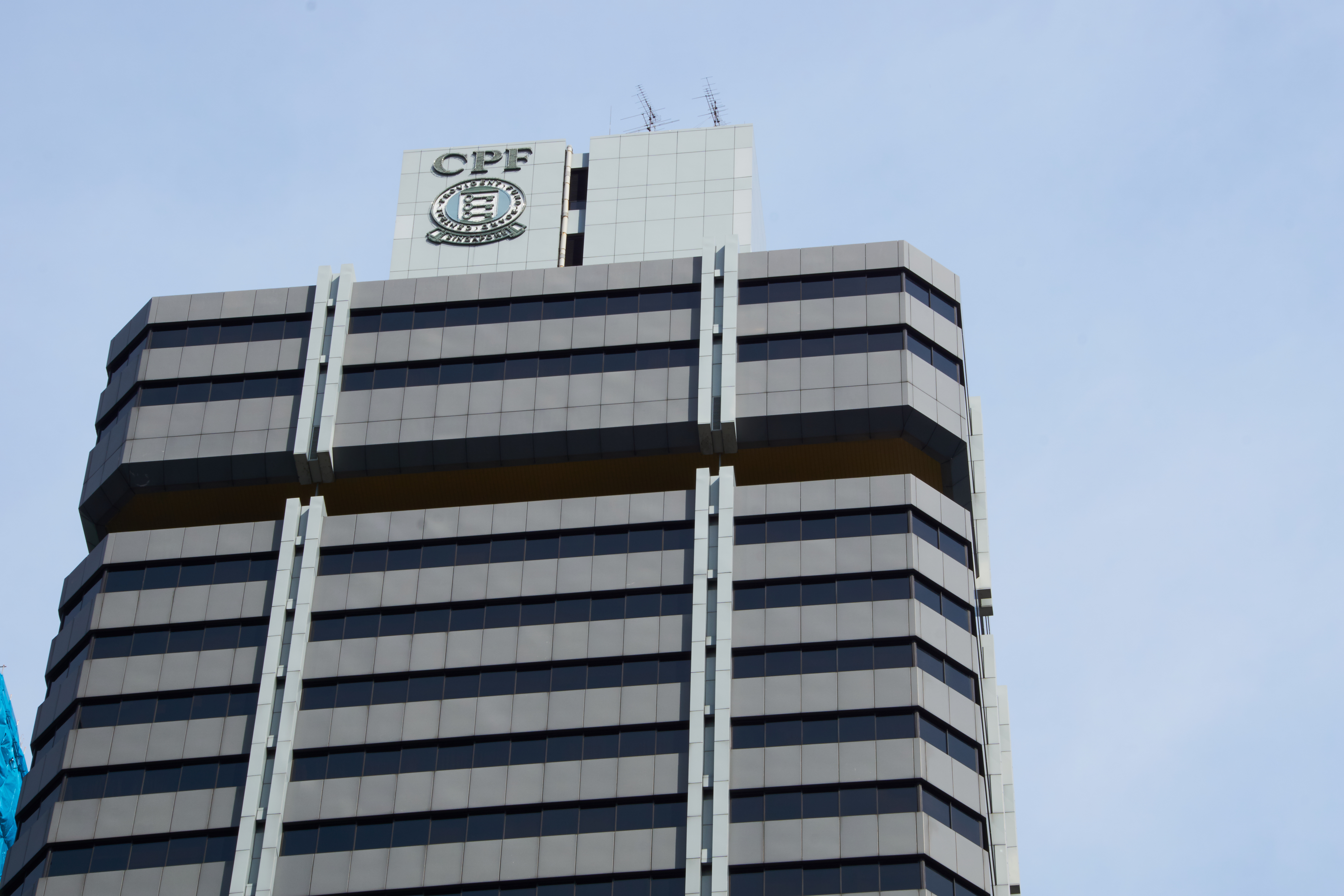 Singapore’s Central Provident Fund. (Source: Shutterstock)
Singapore’s Central Provident Fund. (Source: Shutterstock)
But Singapore’s public flats only have a 99-year lease and 60% of their total development cost comprise land costs owned virtually by the government. At the end of the lease, Singaporeans are not compensated.
The land costs, Mediave balance and CPF interest not returned are all invested in GIC and accessible by Temasek Holdings – the two Singapore government investment firms. GIC is chaired by the prime minister and Temasek Holdings is headed by his wife – they are the common thread that underlies the lack of social protection for Singaporeans.
Academics estimated that elderly Singaporeans aged 65 and above need S$1,379 (NT$29,385) for a basic standard of living, and those 55 to 64 need S$1,721 (NT$36,675). Yet, 16% of Singapore’s full-time workers earned less than S$2,000 (NT$42,620), and almost 45% of workers above 55 earn less than this.
Estimates put Singapore’s poverty at between 20% and 35% but the PAP has refused to define a poverty line, or implement a minimum wage and unemployment benefits. In comparison, Taiwan’s unemployment benefits stand at 60% of last-drawn income averaged over six months.
Low- and lower-middle income Singaporeans are thus actually worse off than Taiwanese.
Singaporeans would undoubtedly be unhappy, but Singaporeans are also second most fearful of speaking up among 37 countries in a survey, for fear of political retaliation.
The recent arrest of a Ministry of Labor official in Taiwan suspected of stock manipulation over the country’s labor fund management will not happen in Singapore. Authoritarian regimes lack oversight mechanisms, and Singapore is ostensibly incorruptible.
But Singapore is no paradise. It is modern-day slavery taken to the extreme.
Taiwan Is Stagnating but Going Back to Authoritarianism Is Not Going to Help
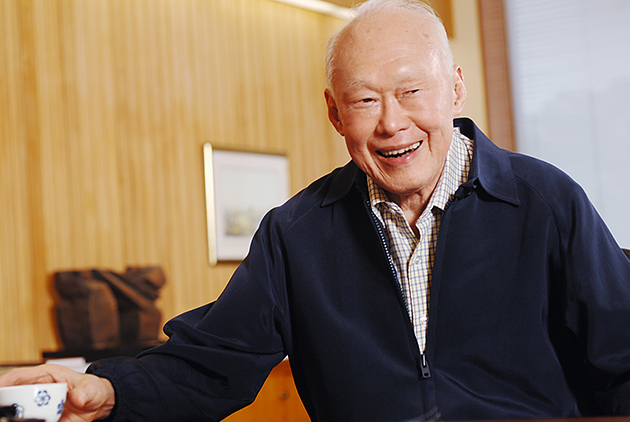 (Source: CommonWealth Magazine)
(Source: CommonWealth Magazine)
Having been in Taiwan for four years, I can however understand the sentiment of Taiwanese. While Taiwan’s wages are more comparable to the cost of living than Singapore, Taiwan’s minimum wage is nonetheless low – countries with a similar GDP per capita as Taiwan like Slovenia have higher minimum and median wages.
Taiwan’s cost of living is 70% to 80% that of South Korea, but its minimum wage of NT$24,000 is only half that of South Korea’s NT$47,000. If pegged to South Korea’s minimum wage vis-à-vis cost of living, Taiwan’s minimum wage should be at NT$35,000, yet close to 40% of Taiwanese workers still earn less than this.
In fact, nearly 60% of Taiwanese earn less than South Korea’s minimum wage.
However, what Taiwanese are mistaken by, is that it is not Singapore’s governance that has helped its GDP grow. It is the income inequality driven by neoliberalism.
The escalation of prices and profits by Singapore’s companies – many of them owned by the government – have pushed up the GDP per capita at the expense of workers.
But Taiwan is not that different from Singapore.
Taiwan’s wage share together with Singapore is one of the lowest among the advanced economies. Both their wealth inequalities (not to be mistaken with income inequality) and the income that goes to the top 10% are also among the highest.
It is therefore not authoritarianism that has helped Singapore perform better than Taiwan, it is neoliberalism, as is the case in Taiwan.
Authoritarianism matters, sure, but by preventing important questions from being asked. Jolovan Wham, Terry Xu, Leong Sze Hian and I, and many others politically persecuted by PAP have spoken up about labor and migrant rights, as well as the government finances, among others.
Authoritarianism therefore allows the media to be controlled and paint what the government wants the world to see.
Even in authoritarian China, while it announced in November last year that it has eradicated absolute poverty, fact is, relative poverty is estimated to be still as high as 20% in urban China. And China’s authoritarianism has been used to curtail the rights of ethnic minorities and critics in Inner Mongolia and among the ethnic Koreans and Hui Muslims, and destroyed Hong Kong’s democracy, as well as invaded land in India, Nepal and Bhutan.
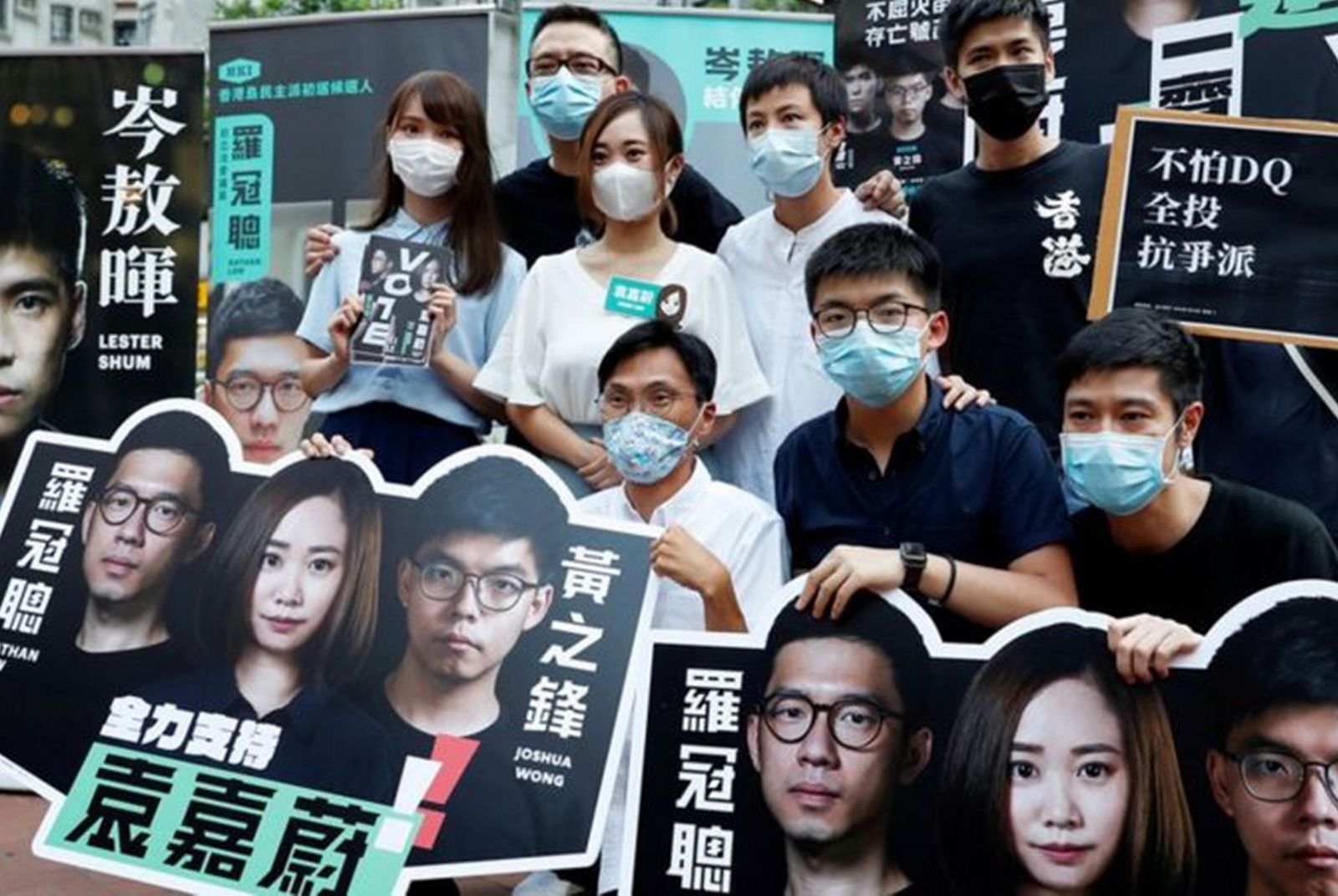 (Source: BBC News)
(Source: BBC News)
While Hong Kong today could become Taiwan’s future, Singapore today is what Taiwan was in the past and what Hong Kong will be like, when rights have been eroded. The way the Singapore PAP government treats Singaporeans is how the Kuomintang (KMT) treated Taiwanese under Martial Law. Singapore’s PAP is Taiwan’s KMT.
Authoritarianism does not work, not in Singapore, not in China, and not in Taiwan.
It takes a fresh pair of eyes to come into Taiwan, to have a clearer picture of Taiwan. It also helps that I was transported from an authoritarian regime (Singapore) directly into a democratizing Taiwan, and therefore, I am still keenly aware of the dangers of authoritarianism – it is still fresh in my mind, and has not waned over the last 30 years as it has in Taiwan.
The State of Disconcert in Taiwan’s Democratization Is Understandable
If we understand that Taiwan is undergoing a process of democratization, things might make better sense. Democratization brings with it initial “media wars” as the freedom from the authoritarian state control of media brings about unbridled media competition, and while it might lead to sensationalism at the beginning, the media will eventually mature. (Read More: ANALYSIS: Tracking Disinformation, Trust and Security in Taiwan)
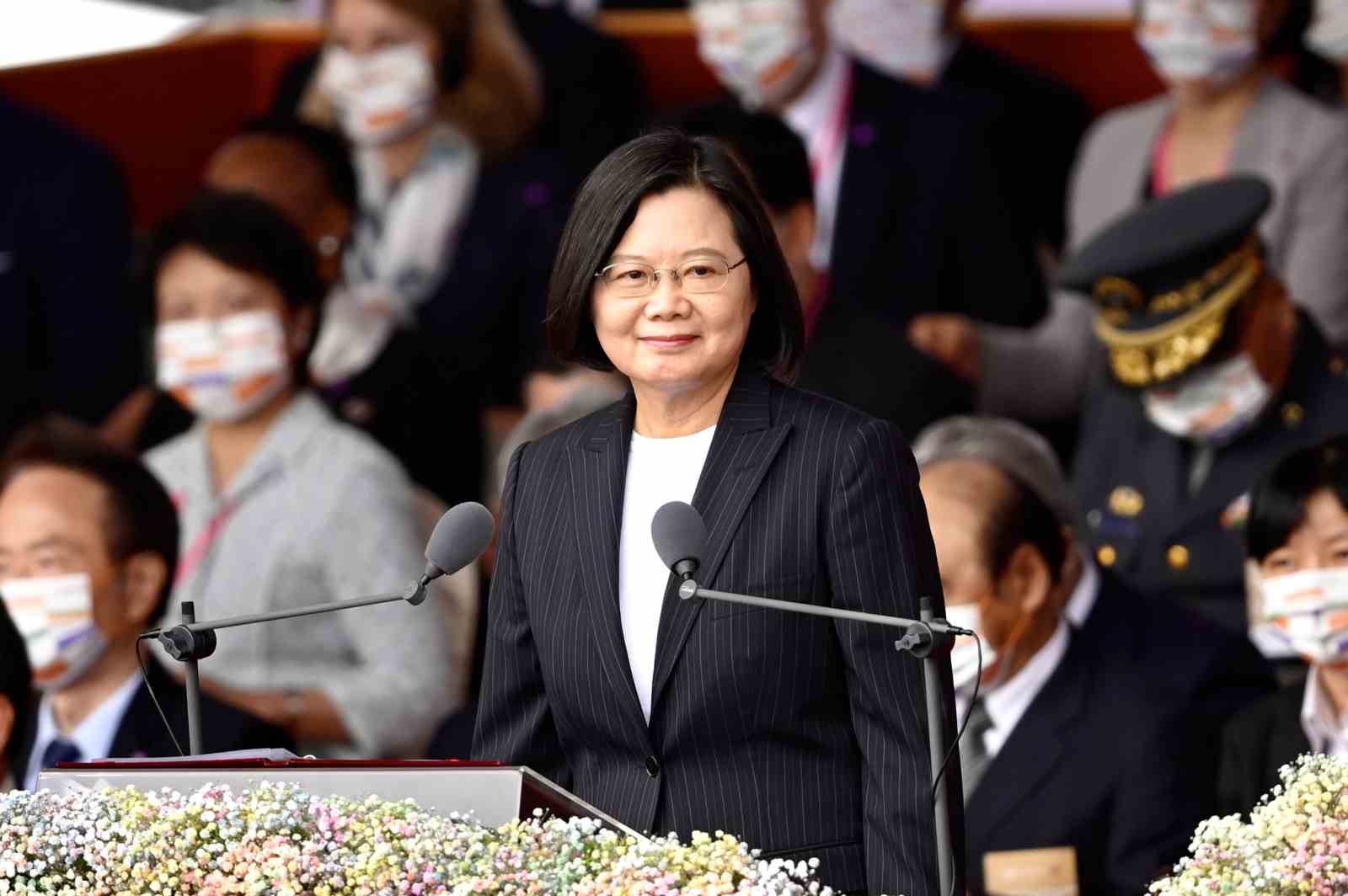 (Source: GettyImages)
(Source: GettyImages)
As the KMT loses relevance and hangs on for its dear life, the political polarization will hopefully evolve into a multi-party system.
I look at it this way – when a person oppressed for decades is finally liberated, the newfound sense of freedom coupled with the sense of having one’s rights robbed formerly means that when power is returned into one’s hands, one might tend to fight only for oneself out of self-protection, before greater equality and social awareness leads eventually to greater care for one another – but this is a process that will take decades and even generations. Europe’s democratization moreover took a century, and more.
Taiwan also faces the challenge of China’s threat, and attention is focused on resisting China.
The Taiwanese society therefore feels in limbo, as it fights for its identity and acceptance on the international stage, while the conversation on wages falls by the wayside.
Making Better Use of Taiwan’s Democracy to Push for Change
But Taiwanese need to remember that Taiwan is moreover a democracy.
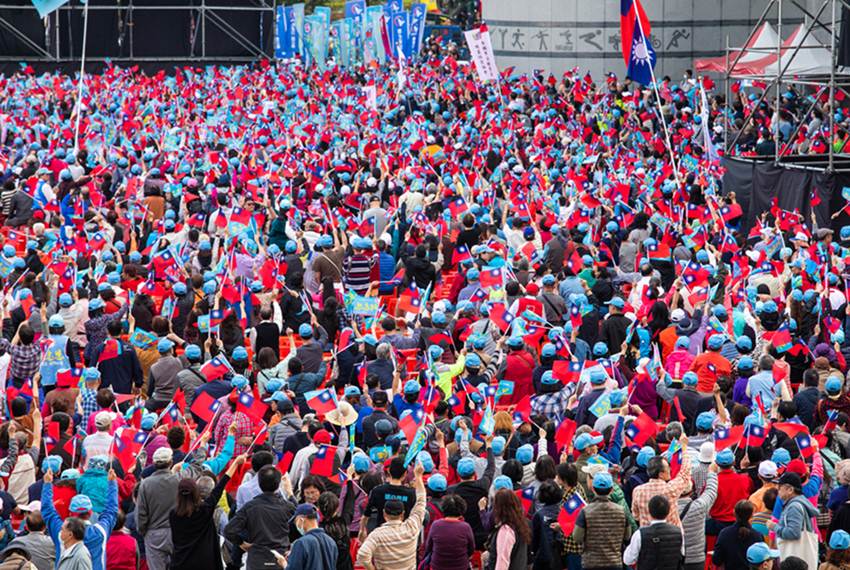 (Source: CommonWealth Magazine)
(Source: CommonWealth Magazine)
South Korea emerged from its authoritarian past at about the same time as Taiwan but the strength of its labor unions helped South Korea’s minimum wage grow from being lower than Taiwan prior to the mid-2000s, to being nearly twice as high as Taiwan today, and the second-highest in Asia today.
It is therefore not about reminiscing about an authoritarian past, but to think about how to hasten Taiwan’s democratization so that democracy can become more meaningful for Taiwanese.
How can youths rally to push for higher wages? How can workers become empowered to push for stronger labor union rights? How can Taiwanese push back against business interests, to achieve parity for workers?
While the political persecution in Singapore makes it seemingly difficult for Singaporeans to push back, more voices did speak up in the election this year against the bullying by the PAP of an opposition politician Raeesah Khan, and the arbitrary use of the anti-fake news law to discredit opposition Paul Tambyah.
While non-governmental organizations in Singapore had tended in the past not to support one another’s causes in Singapore for fear of government retaliation, new groups started by youths in the last two years or so, such as SG Climate Rally, have been active in standing in solidarity with local activists persecuted and even with the Thailand protests, and the Black Lives Matter campaign globally.
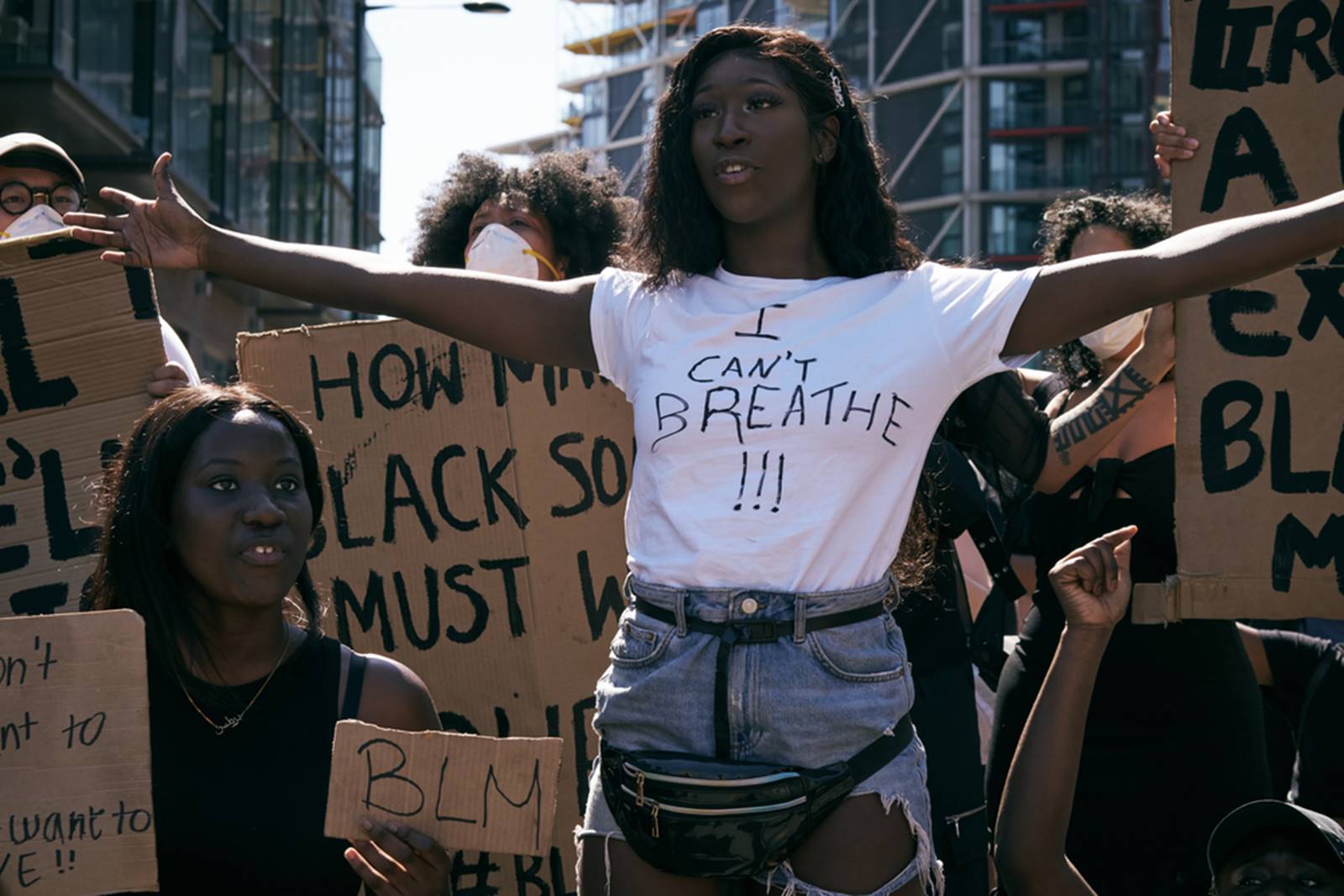 (Source: Shutterstock)
(Source: Shutterstock)
One activist told me that growing youth voices in Singapore are a reflection of the injustice youths are feeling from the unfair persecutions they have witnessed over the last few years. The global climate strikes spurred by Swedish teenager Greta Thunberg and the Hong Kong protests have also inspired a new generation of digital natives to speak up.
Taiwanese therefore do not need to look to Singapore or another form of authoritarian government for refuge. They already have democracy, and they have themselves.
Like how Greta found her spark, Taiwanese youths need to find the power within themselves, to galvanize and learn to work their democracy to their advantage.
Singapore does not offer the answers for Taiwan. Taiwan does. It is time Taiwan stops looking outside for hope, but to look within itself for strength, and change.
It is time Taiwanese youths take a stand.
About the author:

Roy Ngerng is a researcher, writer and activist. He was named a Human Rights Defender by the United Nations for his activism in Singapore. Roy writes on social protection and equality issues, and on the impact of digitalization to society. He currently works as an Assistant Research Fellow at the Risk Society and Policy Research Center.
Have you read?
♦ As Taiwan’s GDP Per Capita Caps US$30,000, Grimmer Days Lie Ahead
♦ Taiwan Strait: Time for a ‘Cold Peace’ or a ‘Hot War’?
♦ Why Hong Kongers Are Moving to this Town in Central Taiwan
Uploaded by Penny Chiang






